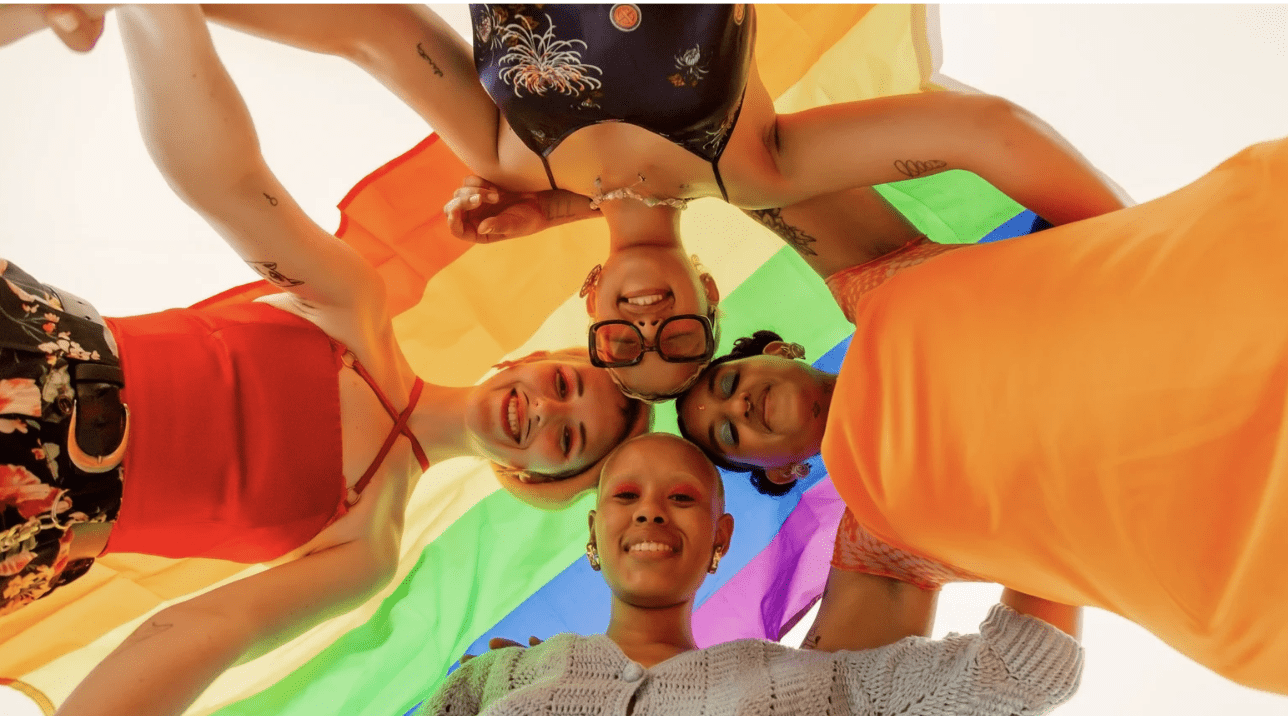It is no secret that many teenagers experiment with drugs and/or alcohol. Despite the best efforts of parents, teachers, politicians, and others, many young people seem to consider dabbling in drugs and drinking as a rite of passage—an idea too often in evidence in popular culture aimed at youth.
But some young people are not using drugs and alcohol to party. Some are turning to drugs and alcohol to battle feelings of depression, anxiety, loneliness, and more. This is especially true among teens in the LGBTQ+ (lesbian, gay, bisexual, transgender, queer, and more) community. The statistics are worrisome—and they reveal a need for vigilance and support among those who know and love a young person who identifies as part of the LGBTQ+ community.
June is Pride Month, and as Pride celebrations demonstrate each year, much has been accomplished in the ongoing struggle for acceptance and equality. But much remains to be done—including improving the lives of young people who are not straight.
LGBTQ+ Youth and Substance Use: Some Stats
According to a brief coauthored by The Human Rights Campaign and the Partnership for Drug-Free Kids:
Young people who are LGBTQ are more likely than their non-LGBTQ peers to use alcohol and other drugs. Research indicates that, compared to heterosexuals, young adults who are lesbian, gay, bisexual, or queer have 1.3 times the odds of heavy alcohol use, 1.6 times the odds of marijuana use, 2.9 times the odds of injection drug use, and 3.3 times the odds of cocaine use. Being LGBTQ affects girls’ substance use risk more dramatically than boys’, though boys are more likely to use drugs and alcohol overall. There is some evidence that bisexual youth are particularly likely to use alcohol and other drugs.
The brief goes on to suggest that the problem may be even worse among teens who are transgender:
We know less about substance use and abuse among teens who are transgender, since most research studies fail to identify transgender participants. We do know that transgender young people experience certain substance abuse risk factors, such as peer victimization and psychological distress, even more often than lesbian, gay, bisexual, or queer youth who are cisgender (non-transgender). This fact suggests that we should be particularly concerned about substance abuse among transgender youth.
To put these statistics in context, it may be helpful to keep in mind that studies reveal that by their senior year of high school, more than 75 percent of teens in the United States have consumed alcohol, almost 50 percent have used marijuana, and more than 20 percent have misused prescription medication. Those numbers are cause for concern for the health and safety of kids across the board, but given that LGBTQ+ youth are even more likely than their peers to use drugs or alcohol, these statistics are worrying, indeed.
Stepping Up and Showing Support
What accounts for the higher numbers of drug and alcohol users among LGBTQ+ youth?
Stress
LGBTQ+ youth are significantly more likely to experience bullying, prejudice, and other traumas than their non-LGBTQ+ peers. This ongoing feeling of being on the outside—and the ongoing fear of violence or harassment—leads many LGBTQ+ individuals to try to blunt the negative emotions that accompany persistent rejection, suspicion, and hateful behavior.
If you are a parent, a teacher, a faith leader, a medical professional, a counselor, or really any adult at all, the best thing you can do for LGBTQ+ youth is to demonstrate acceptance and love—just as you would to anyone else in your sphere of influence. Make sure that you stand up for the young people in your life when you hear them being disparaged by their peers—or by yours.
If you know a young person—whether or not they are a member of the LGBTQ+ community—who is struggling with drugs or alcohol and needs help, step up and encourage them to get that help.
Eliminating prejudice toward LGBTQ+ individuals and reducing the likelihood that they will find themselves battling a substance use disorder—that’s a win/win situation. If we can accomplish it, we would rightfully feel pride in having done so.



